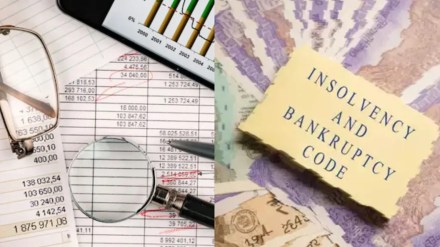A final decision on the changes to be made to the Insolvency and Bankruptcy Code (IBC) is yet to be taken, the government told Parliament on Monday, confirming that the relevant Bill would not be taken up for consideration in the ongoing monsoon session.
In a written reply, the minister of state for corporate affairs Harsh Malhotra said that the ministry had invited suggestions on a discussion paper released in January 2023 from public to further strengthen the functioning of the IBC, 2016 but a final decision has not been taken on the changes that would likely be introduced.
Key reforms
Experts said that the delay could have been avoided given the pressing need to resolve the issues undermining the effectiveness of IBC. “It means that the key issues, including the crucial change in the section 31(4) of the IBC and introducing creditor-led resolution process (CLRP), affecting the insolvency procedures would continue to linger,” said G.P. Madaan, managing partner at Madaan Law Offices.
“The deferment of the Bill was likely but there’s still hope that it would be brought in the winter session,” said a IBC law expert.
The amendment bill has incorporated a series of changes such as long-pending proposals to introduce three new provisions such as group insolvency that will allow joint resolution if multiple entities of a single corporate group become insolvent, cross-border insolvency that will provide a structured mechanism in dealing with bankruptcy cases across countries, and creditor-led resolution process (CLRP) that will allow creditor-driven, out-of-court settlements.
Ministry sources told FE in May that changes in the section 31(4) of the IBC, that mandates the approval of the Competition Commission of India (CCI) before the committee of creditors approves a resolution plan involving “combination”, is their top priority. This provision can indirectly contribute to delays in the resolution process if the CCI approvals are not obtained promptly.
SC ruling and case backlogs
This amendment was proposed following a Supreme Court ruling in January 2025 that rejected AGI Greenpac Ltd’s bid to acquire the insolvent Hindustan National Glass (HNG) owing to its failure to secure a prior approval from the CCI.
As per a recent CRISIL report, the key challenge faced in debt resolutions under IBC has been the high backlog of cases at the NCLT. “This, in turn, has been primarily due to procedural delays at various stages and cross-litigation among stakeholders which have stretched the debt resolution timelines beyond what was earlier envisaged – 713 days as of last fiscal versus the regulatory-prescribed 330 days,” the report said.
